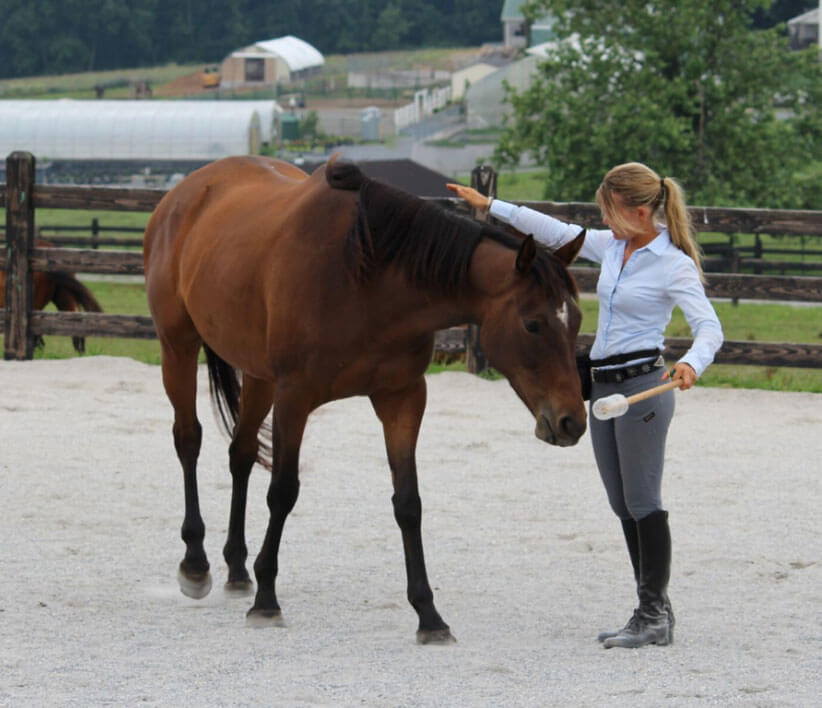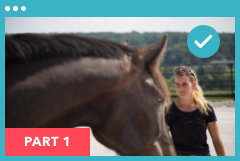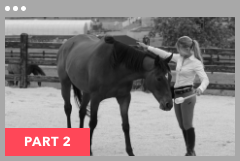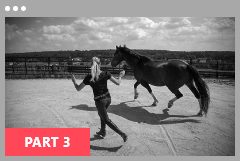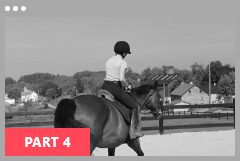Understanding Your Fear
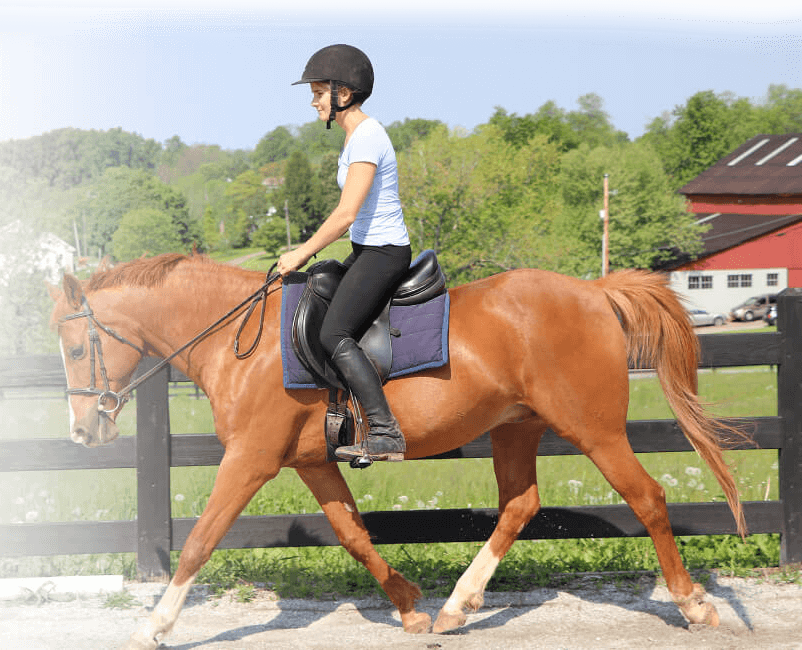
1. Overview and the Importance of Remaining Objective
As I mentioned in the video, being able to look at your emotions objectively is key to feeling less affected by them and avoiding the negative loop of feeling bad about feeling bad!
Read on to learn about the different types of fear and anxiety.
As you learn about the science behind these emotions, and how common they really are, you will gain more understanding into your own emotional responses.
2. Different Types of Fear and Anxiety
Fear and anxiety are used as general terms, but there is a difference, both in the feeling and in the physcial reaction. As explained by Harriet Lerner in Psychology Today, “neurobiology of fear is different than the neurobiology of anxiety. The sudden re-arrangement of your guts when an intruder holds a knife to your back (fear), is different from the mild nausea, dizziness and butterflies in your stomach as you’re about to make a difficult phone call (anxiety).”
While fear technically refers to our response to an immediate danger, anxiety refers to the worrying and brooding we do about what could happen. You may find yourself getting anxious driving to the barn or as you are tacking up your horse to ride, before there is any real threat. Or perhaps your anxiety is triggered by something, like a big spook, but then you just can’t shake the feeling that it could happen again and you continue to feel anxious.
In the paragraphs below, we will discuss several specific types of both fear and anxiety.
You may find yourself getting anxious driving to the barn or as you are tacking up your horse to ride, before there is any real threat. Or perhaps your anxiety is triggered by something, like a big spook, but then you just can’t shake the feeling that it could happen again and you continue to feel anxious.
Anxiety doesn’t always involve fearing for your physical safety, many new riders fear “messing up” the horse, and others may fear losing control, not meeting their own internal standards, or being judged or ridiculed by others.
Many times our riding fears are more a result of one of these deeper emotional challenges, not just about falling off the horse.
You may have other events going on in your life, unrelated to riding, past or present, that cause your anxiety, with the feelings spilling over to your riding.
Situational Fear – Your Body’s Warning System at Work
Our bodies have a warning system for danger. When we are in a situation that our nervous system deems unsafe, especially physically unsafe, we will feel the effects of fear.
Some people have a warning system that is more sensitive than others. This additional sensitivity can come from prior life experience. Our warning systems will become more sensitive after we’ve had an accident or an injury.
We need to become in tune with our own internal warning system and give it the attention it deserves, as the purpose of this system is to keep us safe.
There are many times that fear is our first warning something isn’t right. Whether we are on a horse that is too reactive for our skill level, we are attempting to do more than we are able, we’re riding in poorly fitting tack, or we are simply out of balance, fear can be the signal to stop.
The challenge comes in knowing when to follow the instructions of fear and stop, or when to push forward and keep going, because all growth comes at the edge of our comfort zone. If we don’t push those edges, they will never expand.
In the end, YOU are the one who needs to decide when you need to take a step back. You may have a trainer who helps you to push yourself, and that’s good – but in the end, you are the one who decides how much risk you want to take, and how far you want to push yourself.
Is Your Fear a Sign of Growth or Time to Take a Step Back?
Not sure whether the fear you experience is a sign of growth or a warning system to stop?
Here’s two ideas to test:
First, look at your situation as though you were someone else. If you look at yourself as though you were giving advice to a friend, what would you tell them? Is it time to slow down or time to push forward?
Second, try slowing down. Ride an easier horse, lower the jumps, go back in the arena instead of out on the trails. Initially, you will likely breathe a sigh of relief, but if you quickly find yourself feeling a bit bored and discontent again, that’s a good sign that the fear you were feeling was due to growth in your skills that you are ready to pursue. Not sure whether the fear you experience is a sign of growth or a warning system to stop?
Here’s two ideas to test:
First, look at your situation as though you were someone else. If you look at yourself as though you were giving advice to a friend, what would you tell them? Is it time to slow down or time to push forward?
Second, try slowing down. Ride an easier horse, lower the jumps, go back in the arena instead of out on the trails. Initially, you will likely breathe a sigh of relief, but if you quickly find yourself feeling a bit bored and discontent again, that’s a good sign that the fear you were feeling was due to growth in your skills that you are ready to pursue.
Performance anxiety is what you experience at a horse show, during a group lesson, in front of a video camera, or any time that you feel the pressure is on to “get it right.”
Performance anxiety is different than fearing for your physical safety, but is linked to social fears.
As humans, we are social creatures, being accepted and liked by others not only makes us happy, but is key to our survival.
Once again, our body’s and brain’s attempt to keep us safe will trigger anxiety at being watched, and potentially rejected by, other people.
The key to overcoming this kind of anxiety is to be aware of your emotions and stay present with the feelings they create. I will explain more in Part 2 of this training and share several strategies you can use right away to help with this.
3. The Physical Process of Fear
In this video, I share the physiology of fear – how it affects our bodies, from a simple bout of nerves all the way to full panic.
Managing Your Emotions
In Part 2 of this training, I will share three of the best strategies for managing the feelings of fear and anxiety.
We are going to take a different approach than what you may have done in the past, as you will notice I don’t encourage rationalizing or attempting to talk yourself out of the fear you are experiencing. Rather, the key will be to stay present and aware of your emotions, allowing them to subside.
